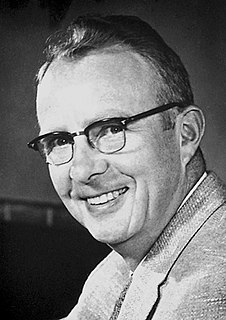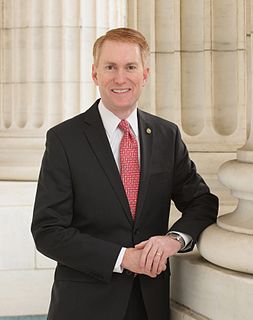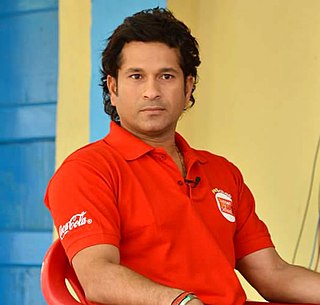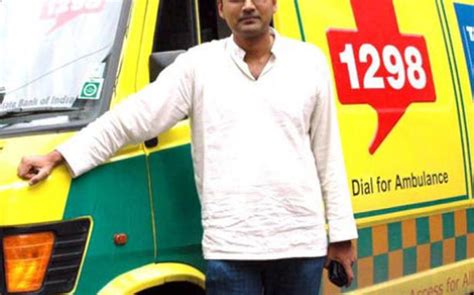A Quote by Amartya Sen
When the Nobel award came my way, it also gave me an opportunity to do something immediate and practical about my old obsessions, including literacy, basic health care and gender equity, aimed specifically at India and Bangladesh.
Related Quotes
If we offer something to Bangladesh, it's obvious that Bangladesh is offering something to us. And why shouldn't Bangladesh be able to keep its promises? Economically it's full of resources and can stand on its feet. Politically it seems to me led by trained people. The refugees who took shelter here are going home.
One of the concepts I was having trouble illustrating was the concept that administrative systems create narrow categories of gender and force people into them in order to get their basic needs met - what I call "administrative violence." I had images of forms with gender boxes and ID cards with gender markers, but I also wanted an image that would capture how basic services like shelters are gender segregated.








































